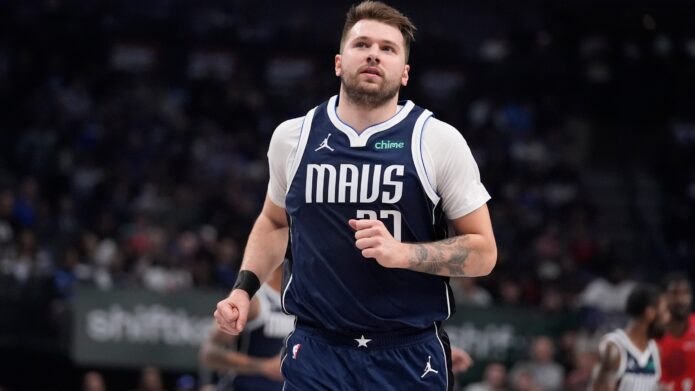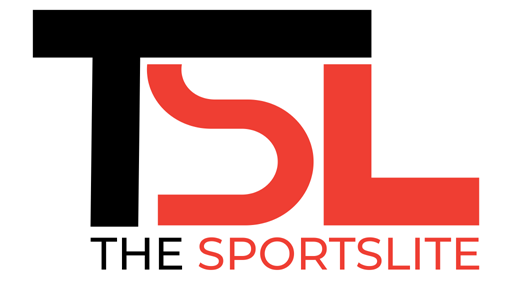When you’re a pro athlete, everything is public. Contracts. Relationships. Injuries. One headline or leaked rumor can change how fans, sponsors, or scouts see you. That’s why athletes and their teams work hard to control the story.
It’s not just about managing brand deals or highlight reels—it’s also about what shows up in Google search and what doesn’t. And when the wrong thing leaks, the damage can be fast and global.
Here’s how athletes, agents, and sports teams handle online presence, leaks, and unwanted news—and what a real suppression strategy looks like.
Why Online Image Matters in Sports

Being good on the field isn’t enough anymore. You also need to protect your name online.
A 2023 study by Nielsen found that 74% of sports fans follow athletes online, and over half say an athlete’s off-field reputation affects their support.
So if something negative pops up on Google—like a lawsuit, argument, trade rumour, or out-of-context quote—it can quickly snowball. That’s especially true in pro leagues, where careers depend on public trust.
One top NBA player saw a sponsorship deal pause within 48 hours of a false cheating scandal trending on Twitter. The brand didn’t care if it was true. They just didn’t want the name tied to drama.
How Things Get Leaked (and Who Does It)
Leaks don’t always come from reporters. They often come from:
- Ex-teammates or former friends
- Club staff or assistants
- Other agents trying to gain leverage
- Influencers trying to go viral
- Fans who overheard something at an airport
A leaked story could be about:
- Trade talks that haven’t been confirmed
- Off-the-record behaviour
- Financial or injury info
- Personal issues or legal problems
Once it’s posted, it spreads—fast. Screenshots make everything permanent. And even if it’s fake or exaggerated, it stays in search results for months.
The Role of Journalists in Shaping the Narrative

Journalists play a major role in how athletes are seen by the public. One headline can shape a player’s entire reputation. A well-written article can boost a career, while a negative spin—even if the facts are true—can create months of damage.
Sports journalists often get tips from insiders. They’re under pressure to publish fast, especially if the story is hot. Sometimes, they run with early information that hasn’t been confirmed. This can lead to mistakes or misrepresentations, especially when emotions are high or a rivalry is involved.
Not all journalists are out to cause harm. Many want to tell the truth and build trust with teams and players. But clicks matter. So does timing. The result? Athletes don’t always get the full story told—just the part that fits the headline.
That’s why it’s important for teams and agents to build strong media relationships. When a crisis hits, a journalist who knows you may be more likely to ask for comment or wait for the full picture. Others won’t.
Controlling your online presence means understanding who’s writing the stories and how their words will echo in Google search for years.
Step One: Lock Down the Core Team

Every athlete needs a trusted circle. That includes:
- Agent
- PR manager
- Personal assistant
- Social media lead
- Legal rep
These people should be on the same page. One voice, one message. The more people who know private info, the more risk you have of something leaking.
Some athletes go even tighter. One NFL wide receiver told me he only talks contracts with his agent and one family member. “Even my trainer doesn’t know what I’m getting paid next season,” he said.
Step Two: Stay Ahead of the Story
A good team doesn’t wait for leaks—they look for them early.
Monitoring tools track:
- Mentions on Reddit or Twitter
- Comments under news articles
- Rumours in Discord groups or fan pages
- Changes in Google search trends
If something starts bubbling, the team acts fast. They might:
- Get the athlete to post first and control the tone
- Reach out to media outlets to delay or soften the story
- Prepare a Q&A to guide how fans and press respond
Getting ahead is the most underrated move in reputation management.
Step Three: Suppress What You Can’t Erase

You can’t always remove a bad article. But you can bury it.
Suppression strategy means pushing newer, better content above the unwanted story in Google search.
What that looks like:
- Posting interviews with trusted sports blogs
- Getting featured in a charity or community event
- Running a podcast episode or athlete vlog
- Publishing a personal statement on their website
- Asking verified fans and influencers to post positive takes
The goal is to create enough noise that the bad link moves down to page two or three. Most people don’t scroll that far.
According to experts at GuaranteedRemovals, this works well when you can’t directly remove content from Google search, like in cases where the news is technically accurate but outdated or framed unfairly.
Step Four: Respond Smart (Or Not at All)

Every situation needs a custom response. Sometimes silence is stronger than speaking.
If an accusation is clearly false, a short, direct denial can work:
“This is not true. My team is handling it.”
If the issue is real but complex, a thoughtful statement posted across official accounts is better. Don’t do it in a comments section. Own the narrative.
If the story is small and dying on its own, leave it. Don’t add fuel.
One agent shared this trick: “If it’s not on ESPN by day three, we don’t touch it. Once you respond, you give it life.”
Step Five: Use Professional Help
If the problem keeps showing up in search, athletes often bring in a reputation management firm.
These teams specialize in:
- Tracking every mention in Google
- Filing removal requests for private or harmful content
- Working with news outlets for takedowns or edits
- Writing new press-friendly content
- Building out SEO pages to shift search results
This isn’t just for A-list names. Even minor-league players, retired athletes, and unsigned prospects use these services—especially when entering coaching, business, or TV.
One rising college quarterback had an old arrest report (dismissed later) ranking high in his search. His family hired a team to bury the link under sports articles, game recaps, and interviews. Now it barely shows up.
Final Thoughts
Athletes are brands. One wrong headline can cost them a contract, a fan base, or millions in endorsements. That’s why controlling the story online is no longer optional—it’s part of the job.
From locking down their inner circle to suppressing old articles, today’s pros are playing a long game. They know that a clean search result can be just as valuable as a highlight reel.
And if the wrong thing shows up? You don’t have to panic. There are ways to fight back, rewrite the story, and remind the world who you really are.

